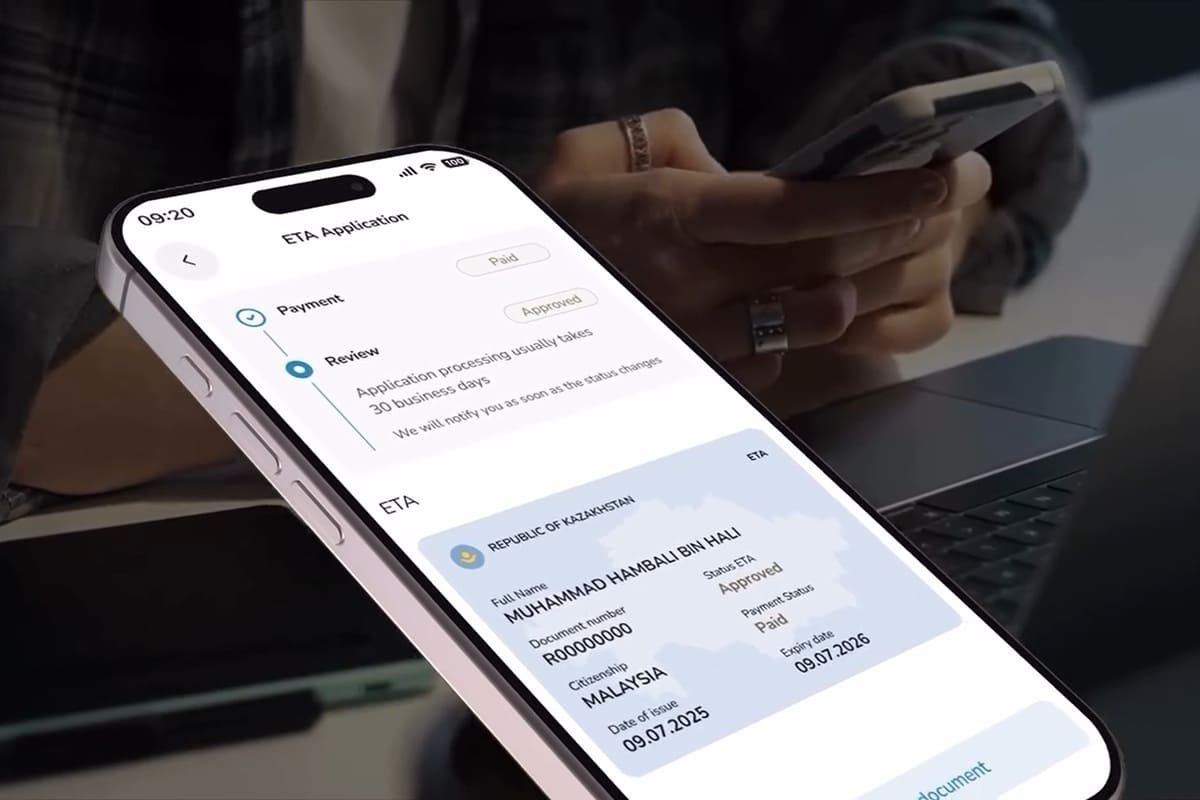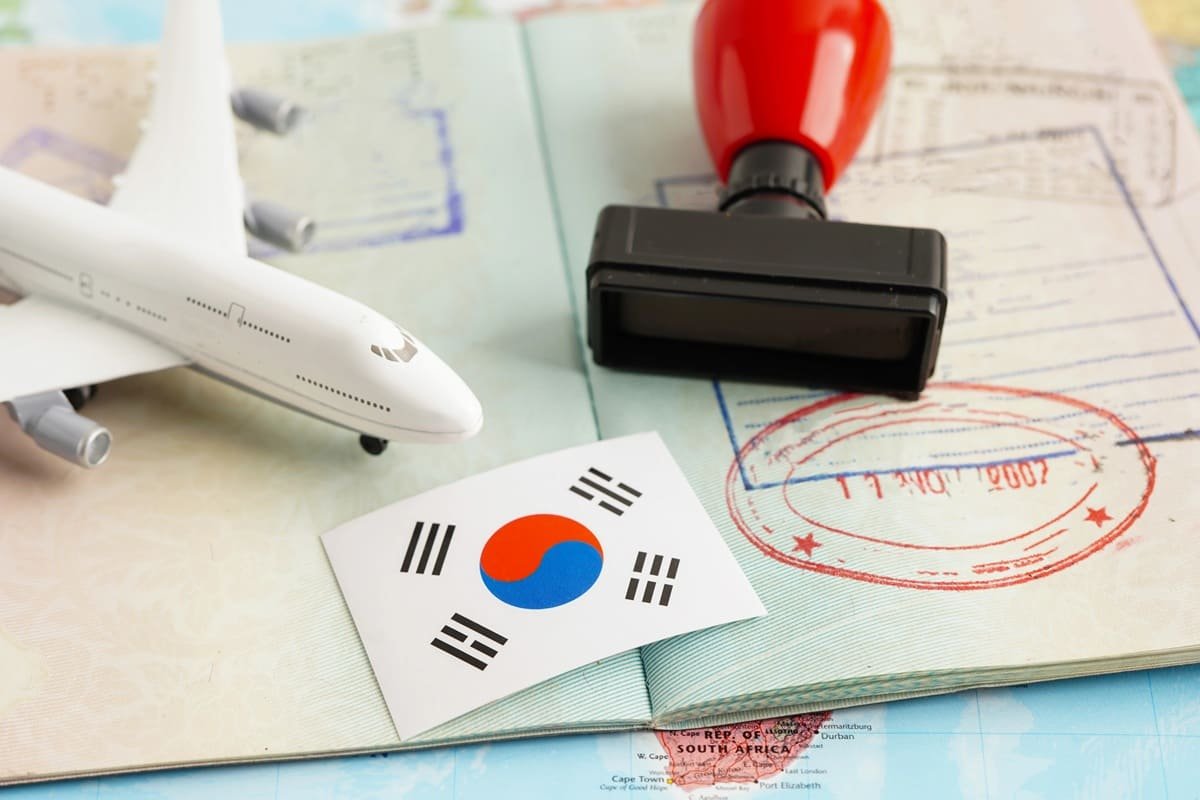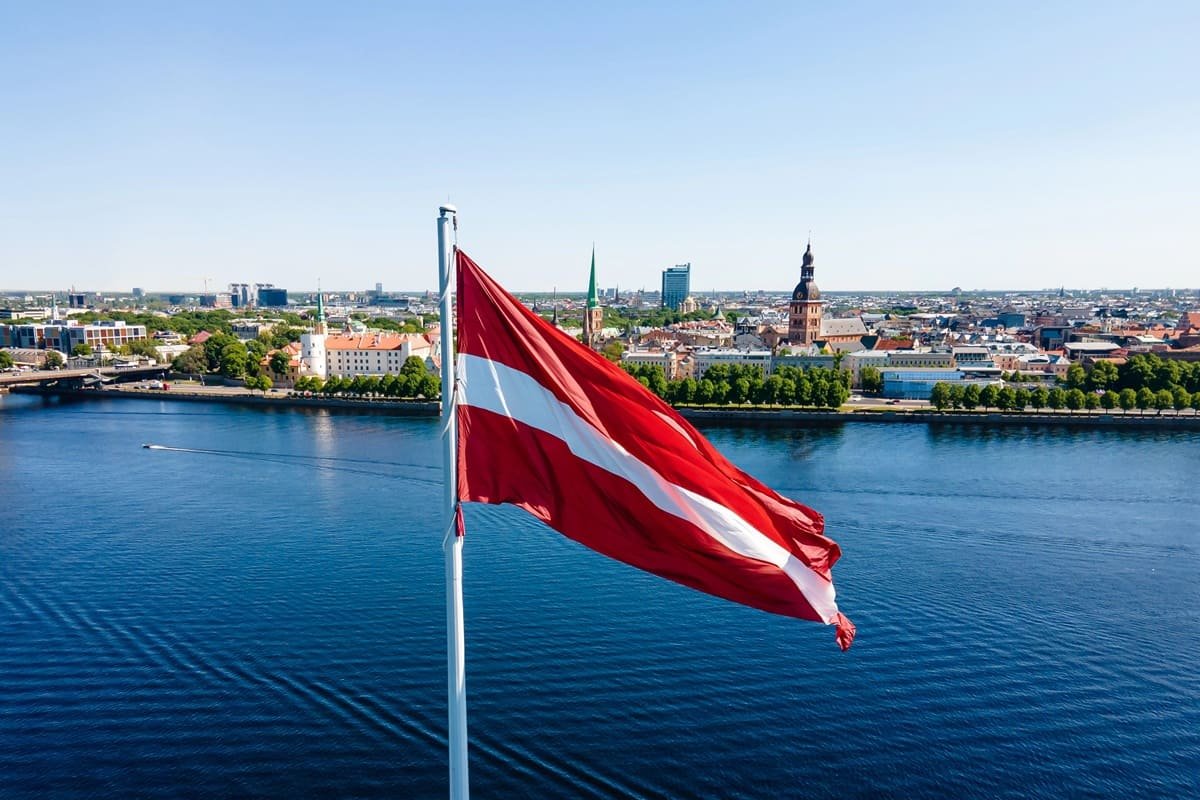The K-ETA exemption has finally been extended to December 31, 2025. Details here.
Since April 1, 2023, nationals of 67 countries, traditionally exempt from visas for South Korea, benefit from a temporary suspension of the obligation to present an electronic travel authorization, the famous K-ETA (Korea Electronic Travel Authorization).
This exemption, initially put in place to encourage tourism in the Land of the Morning Calm after the pandemic, is set to end on December 31, 2024. Unless the South Korean authorities announce otherwise, the K-ETA requirement will therefore be reintroduced as of January 1, 2025
Contacted by VisasNews, the K-ETA application processing center first reminds that, to celebrate the “Visit Korea Year (2023~2024)”, nationals of certain countries/regions are temporarily exempted from the K-ETA requirement until December 31, 2024.
“However, please note that travelers who plan to enter Korea after December 31, 2024 must have an approved K-ETA authorization to enter the country. If they do not have an approved K-ETA or a valid visa, the issuance of the boarding pass upon check-in or entry into the country may be denied. Therefore, they must apply for the K-ETA in advance to arrive in the country after December 31, 2024,” the K-ETA Center told to VisasNews.
67 countries currently exempt from K-ETA
Here is the list of 67 countries and territories whose citizens currently enjoy a K-ETA exemption to travel to South Korea, a formality that should, unless there is a last-minute extension of the exemption measure, be reintroduced from January 1, 2025:
- Australia, Austria, Bahrain, Belgium, Brunei, Bulgaria, Canada, Chile, Colombia, Croatia, Cyprus, Czech Republic, Denmark, Estonia, Fiji, Finland, France, Germany, Greece, Hong Kong, Hungary, Iceland, Ireland, Israel, Italy, Japan, Kiribati, Kuwait, Latvia, Liechtenstein, Lithuania, Luxembourg, Macau, Malta, Marshall Islands, Mexico, Micronesia, Monaco, Nauru, Netherlands, New Caledonia, New Zealand, Norway, Oman, Palau, Poland, Portugal, Qatar, Romania, Samoa, San Marino, Saudi Arabia, Singapore, Slovakia, Solomon Islands, South Africa, Spain, United Arab Emirates, United Kingdom, United States, Slovenia, Sweden, Switzerland, Taiwan, Tonga, Tuvalu, Vatican.
These nations will once again join the 45 countries whose nationals must apply for a K-ETA, namely:
- Albania, Andorra, Antigua and Barbuda, Argentina, Bahamas, Barbados, Bosnia and Herzegovina, Botswana, Brazil, Costa Rica, Dominica, Ecuador, Eswatini, Grenada, Guam, Guatemala, Guyana, Haiti, Honduras, Jamaica, Kazakhstan, Lesotho, Malaysia, Morocco, Mauritius, Montenegro, Nicaragua, Panama, Paraguay, Peru, Dominican Republic, Russia, Saint Kitts and Nevis, Saint Vincent and the Grenadines, Saint Lucia, El Salvador, Serbia, Seychelles, Suriname, Thailand, Trinidad and Tobago, Tunisia, Turkey, Uruguay, Venezuela.
What is the K-ETA for traveling to South Korea?
The K-ETA is an electronic travel authorization introduced by South Korea to strengthen border control and improve the visitor experience. This system allows authorities to assess travelers before their arrival, in order to ensure security and facilitate processing at points of entry.
This online pre-travel process is for visitors from the 112 visa-exempt countries, who must still register their travel for short-term stays (tourism, business, family visits, etc.).
The application for an Electronic Travel Authorization for South Korea must be submitted on the portal www.k-eta.go.kr, or via the mobile application “K-ETA” available on the App Store and Google Play Store.
The K-ETA costs 10,300 KRW (approximately US$8) and must be completed at least 72 hours before arrival in South Korea. Once granted, the K-ETA authorization remains valid for a period of three years, or until the traveler’s passport expires, whichever expires first. The authorized length of stay in South Korea depends on the citizenship of the K-ETA holder and varies between 30 days and 180 days.
International visitors from eligible countries aged 17 and under and 65 and over are exempt from the K-ETA since July 3, 2023.
Passengers holding a K-ETA benefit from a streamlined immigration process, including the exemption of the submission of a card for travelers holding this authorization.
Since its launch in 2021, the K-ETA has gradually become an increasingly familiar formality for international travelers. However, its temporary suspension in 2023 provided a respite for many tourists, allowing them to travel to South Korea without additional formalities until the end of the year.







